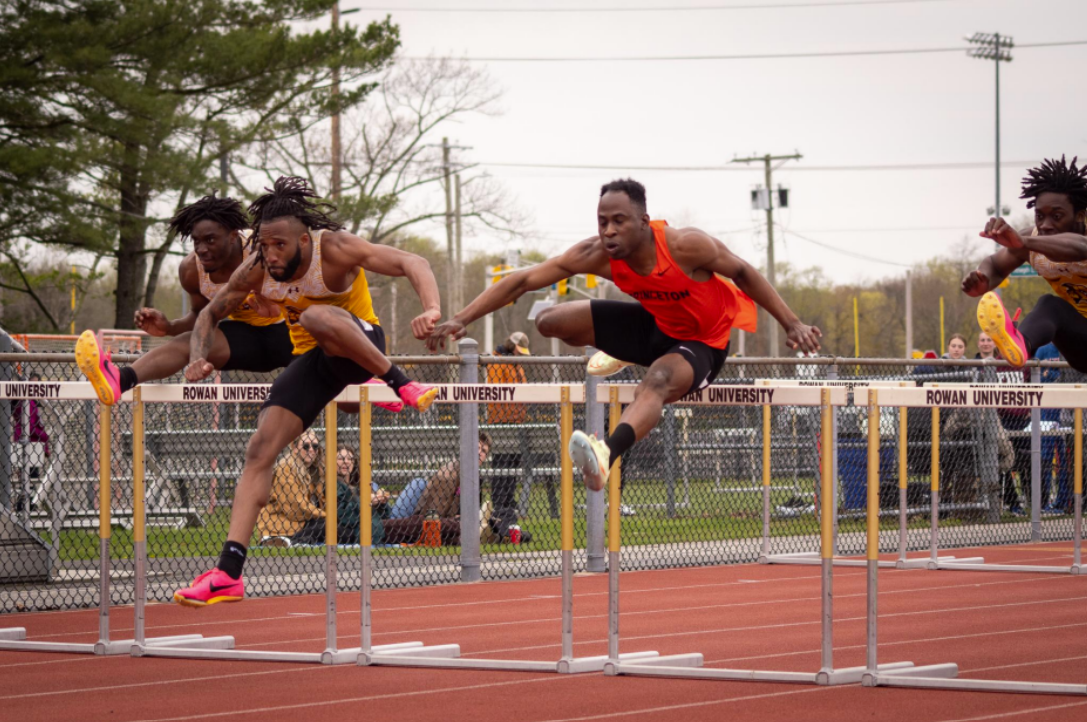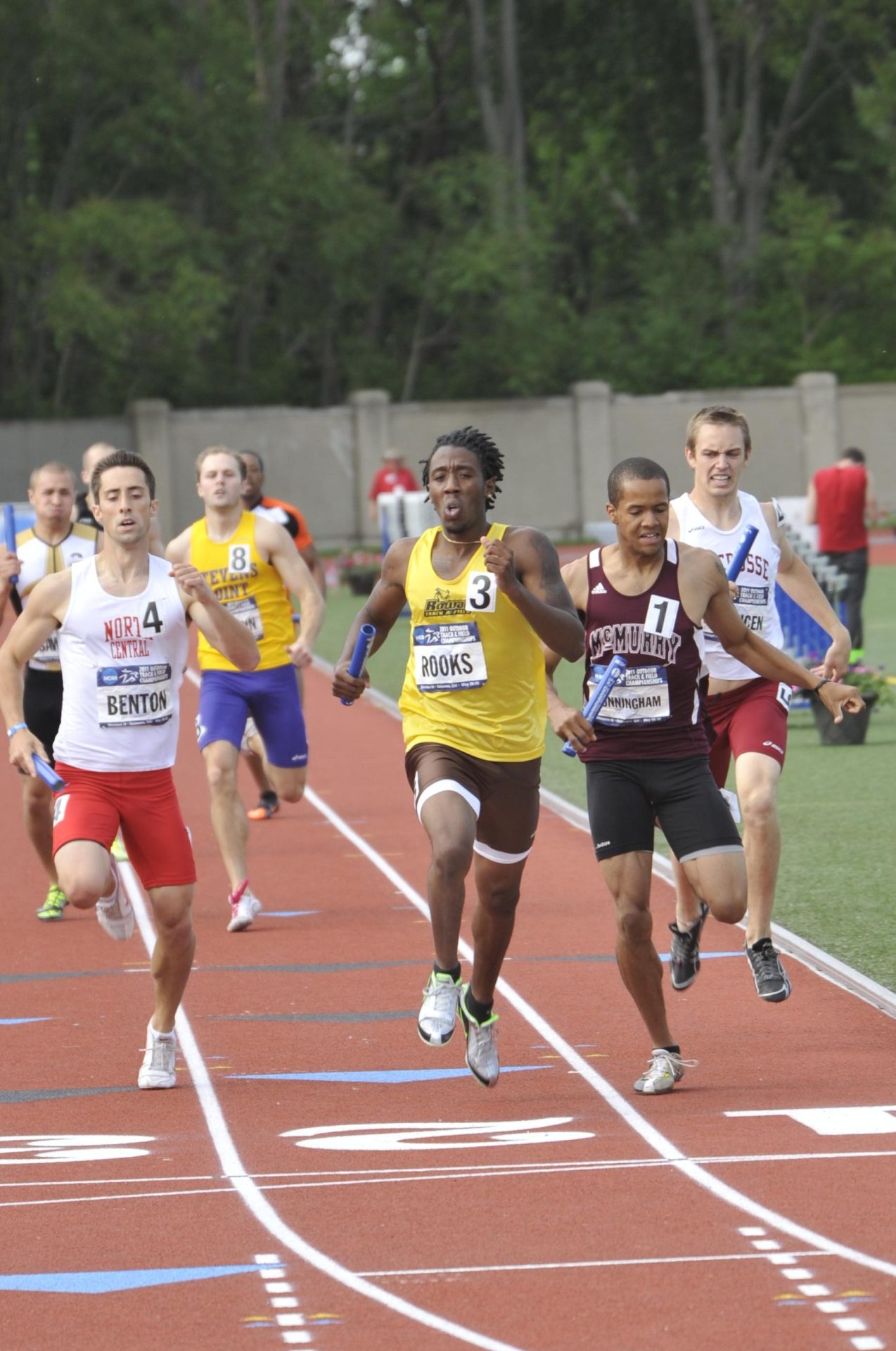Marquise Young, a rising senior advertising major from Camden, NJ (Camden County) shares some tips about being a student athlete.
For about 90% of my life I’ve been in school in some kind of way and playing some kind of sports whether it’s for my school or for a club team. I’ve also been told since I was young that “you are a student-athlete” basically meaning that school comes first and my sports secondary, which makes sense because sports don’t last forever and there is a higher chance that a person will get a job for what they are studying in college compared to the low percentage of people that make it to the pro level. But in reality being a student athlete isn’t easy, especially in college! Being a student athlete in college is a big task. You have no choice but to make sure you maintain school and the sport that you are playing … It’s what you signed up for.
To use myself as an example I’ve played a lot of sports growing up from basketball, football, wrestling and track and field. But the sport that I decided to pursue at the college level is track and field. A lot of people may look at track and field and think or assume that it’s not hard or not a lot to have on your plate but in reality as a full time student it can be a lot to handle at times, but me being an experienced student athlete I’m going to give some tips on how I balance being a student athlete and student.

As a student athlete, balancing my academic responsibilities with my athletic commitments can be a difficult task to juggle. However with the right mindset, dedication and approach I’ve been able to manage both for about 5 years now.
First and foremost, time management is key. I’ve learned so many different ways to manage my time throughout different experiences. What I do is try to do my homework weeks ahead of time, which gives me a lot of breathing space for me to either relax or prepare for track practice or even take care of my body by going to the trainers. I also try to visualize my schedule and the amount of time I have to do things which allows me to prepare for the week.
Communication is another important aspect of balancing my roles as a student athlete. I communicate regularly with my coaches and professors to ensure that I am meeting all of my obligations and not falling behind in either area. If I know that I will be missing a class or need to turn in an assignment late due to a track meet or practice, I make sure to let my professor know ahead of time and make arrangements to catch up on any missed work, and to let them know I’m going to be away for a track meet.

In addition to managing my time and communicating effectively, I prioritize self-care. Being a student athlete can be physically and mentally demanding, so it’s important to take care of myself both on and off the track. This means getting enough sleep, eating a balanced diet, and taking breaks when needed. I also try to find a support system, whether it’s friends, family, or my coach to help manage the stress that comes with being a student athlete.
Lastly, I try to maintain a positive attitude and stay focused on my goals. It’s easy to get overwhelmed or discouraged when trying to balance so many responsibilities, but I remind myself why I am doing what I am doing. I also tell myself that I know my dad would want me to stick with my sports and education.
In conclusion, being a student athlete requires a lot of dedication and hard work, but with proper time management, communication, self-care, and a positive attitude, it is possible to balance both roles successfully. It takes discipline and perseverance, but the rewards are well worth it.
Like what you see?
Feature image courtesy of StockSnap on Pixabay



